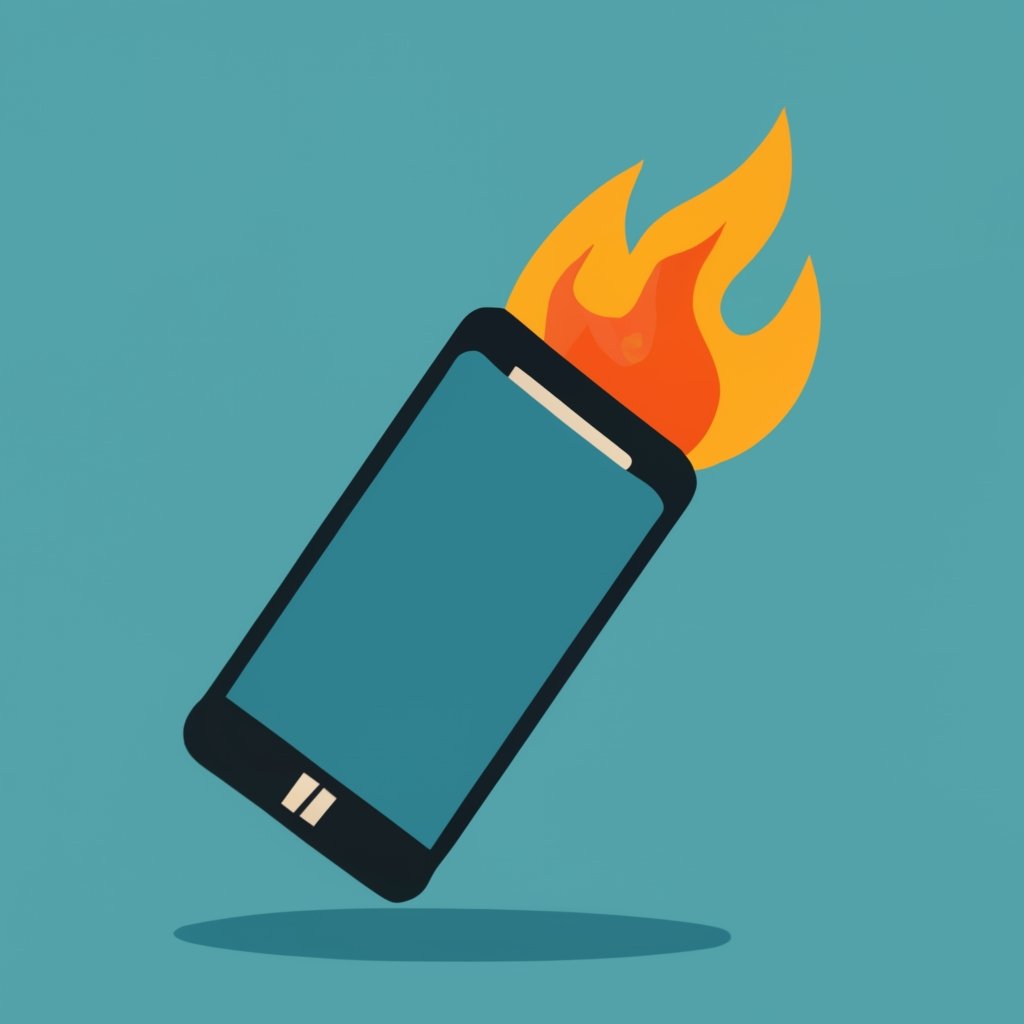Apple’s unveiling of the iPhone 15 series in mid-September, followed by its release on September 22, has garnered significant attention in the news. However, not all of it has been positive.
If you’ve noticed your new iPhone 15 or iPhone 15 Pro running warmer than expected, you’re not alone. While the extent of the issue remains unclear, Apple has made its first official statement regarding the problem. According to David Phelan from Forbes, Apple reached out to explain the cause and the upcoming solution.
Apple stated, “We have identified a few conditions which can cause the iPhone to run warmer than expected. The device may feel warmer during the first few days after setting up or restoring the device because of increased background activity.”
This initial warm-up period is typical for most smartphones, including those from Samsung, Google, and other manufacturers.
Apple further elaborated that there are additional factors at play and that a solution will be provided through a future software update. In its official comment to Phelan, Apple mentioned, “We have also discovered a bug in iOS 17 that is affecting some users and will be addressed in a software update. Another issue involves recent updates to third-party apps, which are causing system overload. We are collaborating with these app developers to roll out fixes.”
Reportedly, apps such as Uber, Instagram, and Asphalt 9 are among those contributing to the issue. Instagram has already released an update on September 27 to address the problem, so it’s advisable to ensure that you have the latest version of that app, as well as any others installed on your device. As for Apple’s update, the forthcoming iOS 17.1, currently in beta, is not specifically designed to tackle overheating. However, Apple is expected to address the overheating concern in a subsequent update, although the exact timing remains unknown.
While high-wattage chargers can cause temporary temperature increases, using compliant chargers that adhere to the USB-C PD (Power Delivery) standard is safe. The iPhone itself has protective mechanisms in place to prevent long-term damage due to overheating. It automatically adjusts the temperature to safeguard its components.



